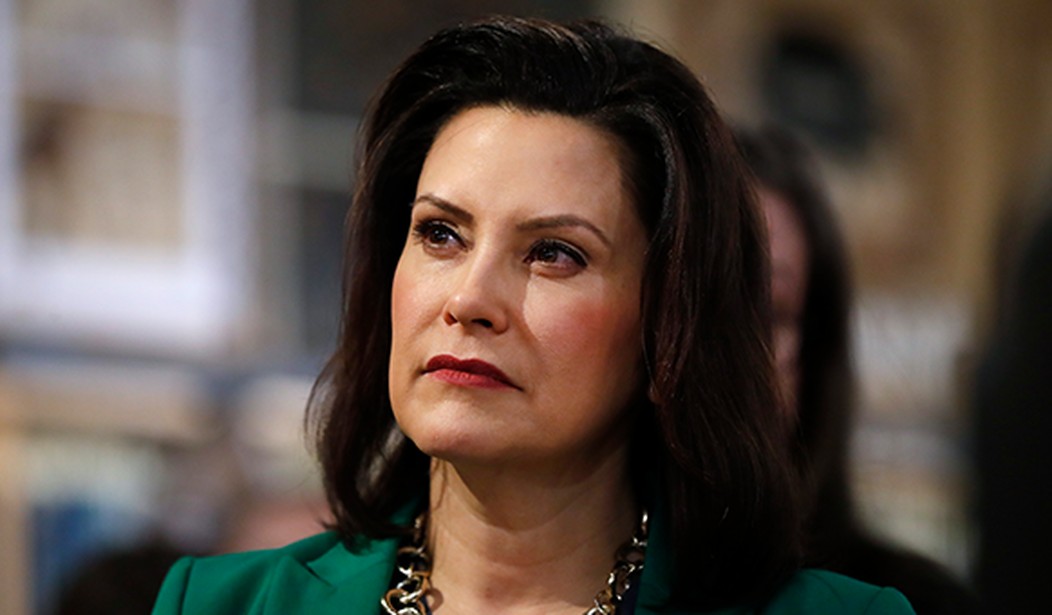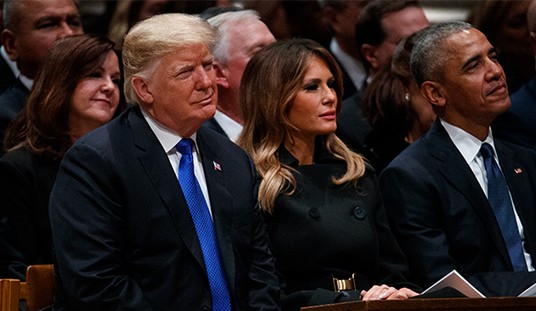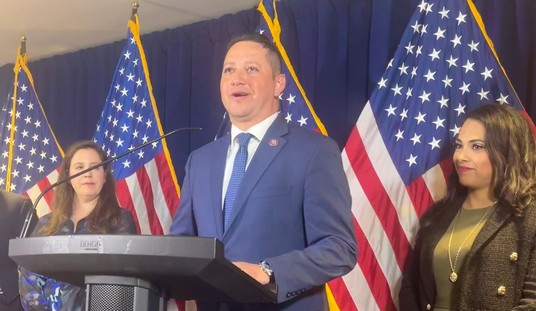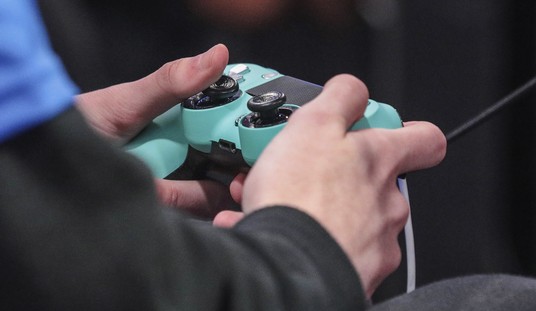Michigan's legislature has been in a gridlock since November when the lower chamber became evenly divided, 54 to 54, between Democrat and Republican lawmakers following two Democrats vacating their seats. The open seats followed the mayoral victories of the pair of representatives in their hometowns. Since then, the legislature has passed very few bills and in 2023 adjourned for the year in mid-November, a month earlier than usual.
The lack of a majority has stifled the Democrats' political trifecta of power gained in 2022, marking the first time in almost 40 years that Michigan Democrats held control of the control of the House of Representatives, the Senate, and the Governor’s Mansion, with the last time Democrats held a majority in the state Senate being in 1984.
Democrats control the state senate and the executive branch with Governor Gretchen Whitmer at the helm, and they hope to regain the majority in the deadlocked House through the two special elections on Tuesday.
Democrat Mai Xiong is running against Republican Ronald Singer in District 13, while Democrat Peter Herzberg faces Republican Josh Powell in District 25. Both districts, situated just outside Detroit, are predominantly Democratic, with previous Democrat incumbents winning by over 25 percentage points in 2022.
While the pair of seats is presumed to be safely blue, the Democrats did not leave the election to chance, with the Democratic Legislative Campaign Committee (DLCC) allocating $48,000 last month to support the Democratic candidates in the special elections. DLCC is the official Democratic Party committee specifically focused on winning state legislative races across the country to secure majorities and build state-level infrastructure for the party.
In a statement to The Associated Press, Michigan Republican Party Chair Pete Hoekstra said Republicans forced the candidates and Democrat committees to spend money to protect these seats.
While Tuesday's contests are state-level elections, they can have national implications and given the ongoing nationwide discussion about abortion issues, Democrats in the state have centered the races on so-called reproductive rights. But, the races could still function as a referendum on the Democratic trifecta, along with the extensive list of progressive policy initiatives they've pursued.
Under the leadership of Gov. Gretchen Whitmer, Michigan Democrats have implemented measures to safeguard abortion, expand union powers, restrict firearms possession, and play identity politics with the LGBTQ agenda.
The results may be interpreted as indicators of broader political trends, voter attitudes, and potential shifts in party support, setting the tone and strategy ahead of the November election. With former President Donald Trump beating President Joe Biden in the polls at the top of the ticket, Michigan's Republicans believe they have a strong chance to retake the state House in November.
Hoekstra told the AP,
Win or lose, I’m more convinced than ever that Republicans are motivated and the Democrats are not.
Either party will have to win both seats on Tuesday to break the tie, and even if one of them is successful, it leaves little time to pass marquee legislation before lawmakers have to defend their seats in competitive races across the state with all 110 seats being up for grabs again in November.
After Tuesday’s special elections, lawmakers are anticipated to focus on passing the state budget, aiming to meet a self-imposed deadline of July 1. In her January State of the State address, Whitmer proposed a whopping $81 billion budget that includes initiatives such as offering free community college for all high school graduates and providing preschool for 4-year-olds.
Read More:
Interview With Investigative Reporter Scott McMahan on Michigan Politics













Join the conversation as a VIP Member